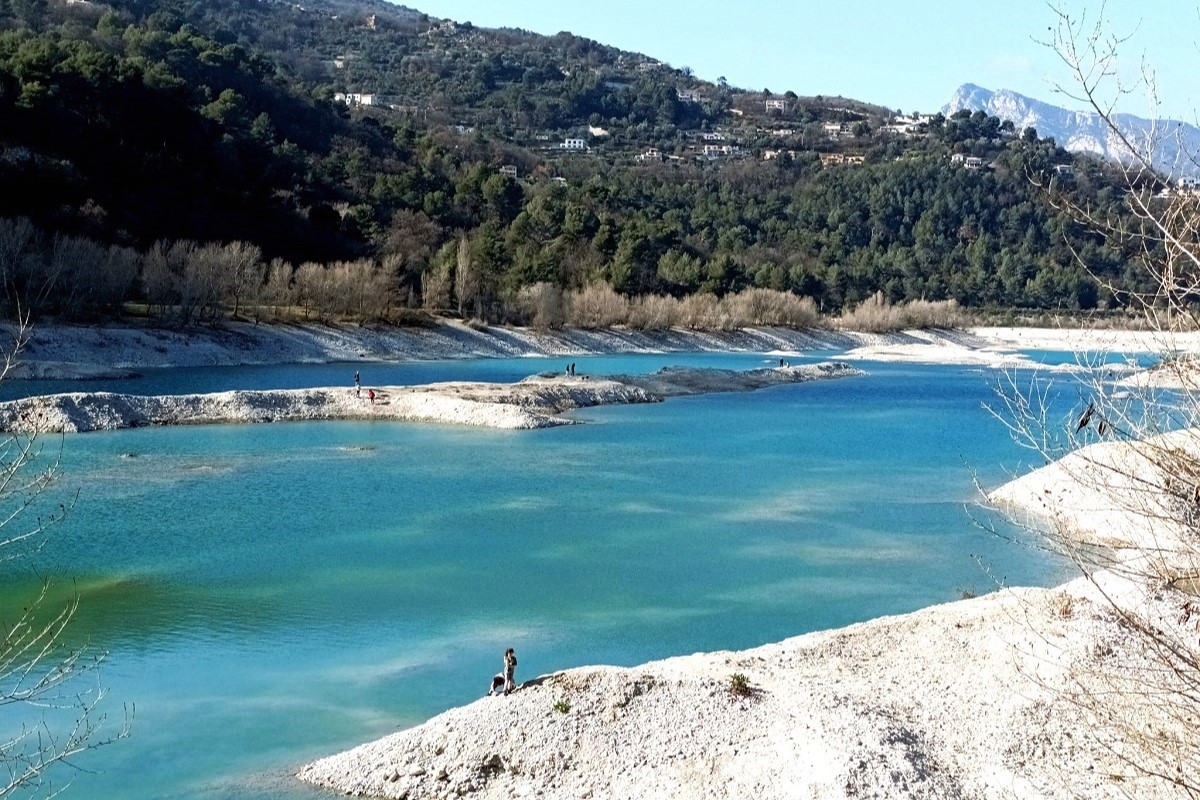Climate change will lead to a 30 to 40% decrease in available water in France by 2050. France must act now if it is to stop precious resources from running dry.
At the end of March, French President Emmanuel Macron travelled to Savines-le-Lac in the Hautes-Alpes to unveil a 53-measure plan to try and keep the country’s water usage and management on track.
A key part of the measures are plans to improve France’s recycling and reprocessing of wastewater. France only recycles 1% at present, far below most other developed countries, and Macron promised to increase this to 10% by 2030. Public water agency budgets will be supplemented by an additional €500 million per year to help speed up change.
The cost of water to rise
Macron also revealed that there will be a gradual increase in the cost of water: enough to make people think twice about the way they use this valuable resource.
During his speech in Savines-le-Lac, he pointed to indications that climate change will cause a 30 to 40% decrease in the amount of water available in France by 2050. No scientific model “tells us that the situation will improve,” the President said ominously, adding, “The objective of the plan must be to guarantee all French people access to quality drinking water for essential needs.”
2,000 French municipalities had serious water shortages in 2022. 340 of these towns required water to be tanked in and another 200 needed bottled water for individual uses.
Tools to regulate and conserve usage
To make the public aware of consumption, the French government is proposing to create a tool that will give households real-time information on their water consumption levels and thus encourage better, more sustainable practices.
Major industrial users of water, such as France’s nuclear and energy sectors as well as agriculture, will also have to adapt their usage. 58% of water in France is currently used for agricultural purposes.
Last year, France experienced a record-breaking drought. This winter, the entire country went 32 days without rain in a second dangerous record. The combined effects have left reservoirs at 80% below normal levels, which does not bode well for what it expected to be another dry summer season ahead.
READ MORE:
Drought: Recycling wastewater to become a reality on the French Riviera
2022 weather review: extreme heat and drought are the new norm for Monaco
Sign up for the Monaco Life newsletter. For the latest news, follow us on Facebook, Twitter, and Instagram.
Photo of Le Lac du Broc near Nice in March 2023 by Félicie Damiano
